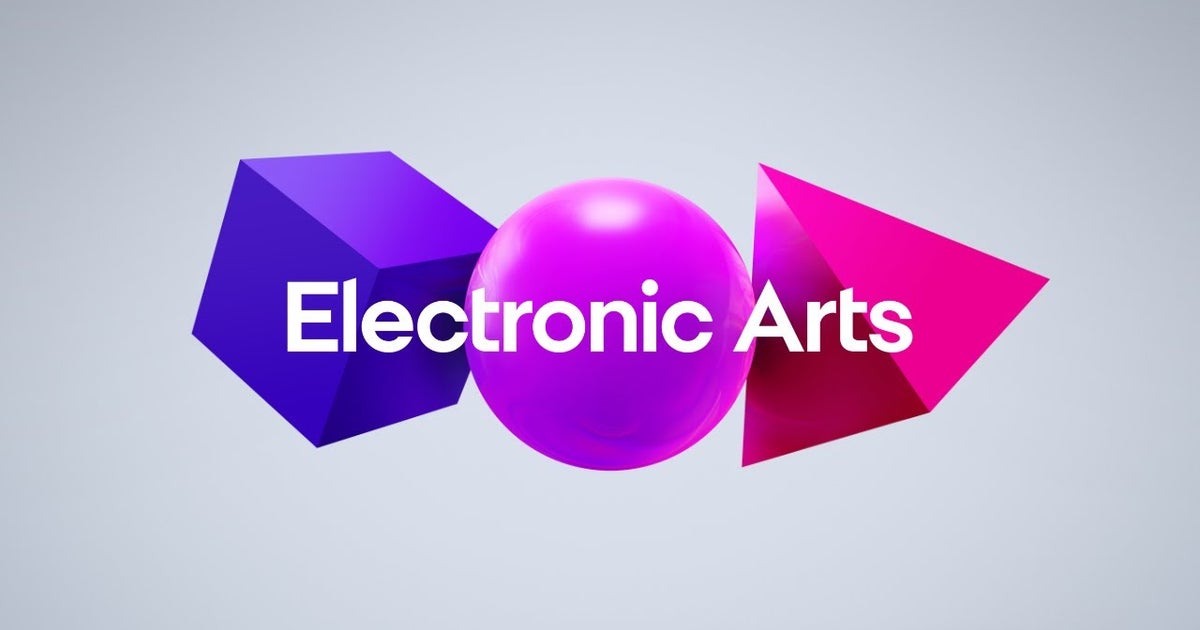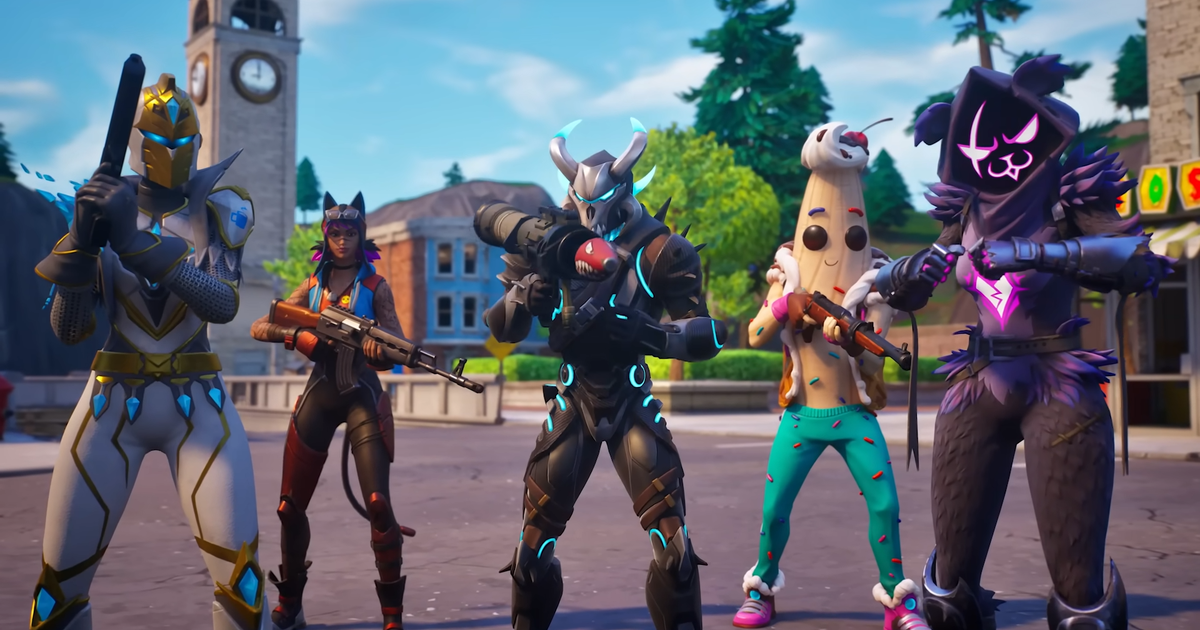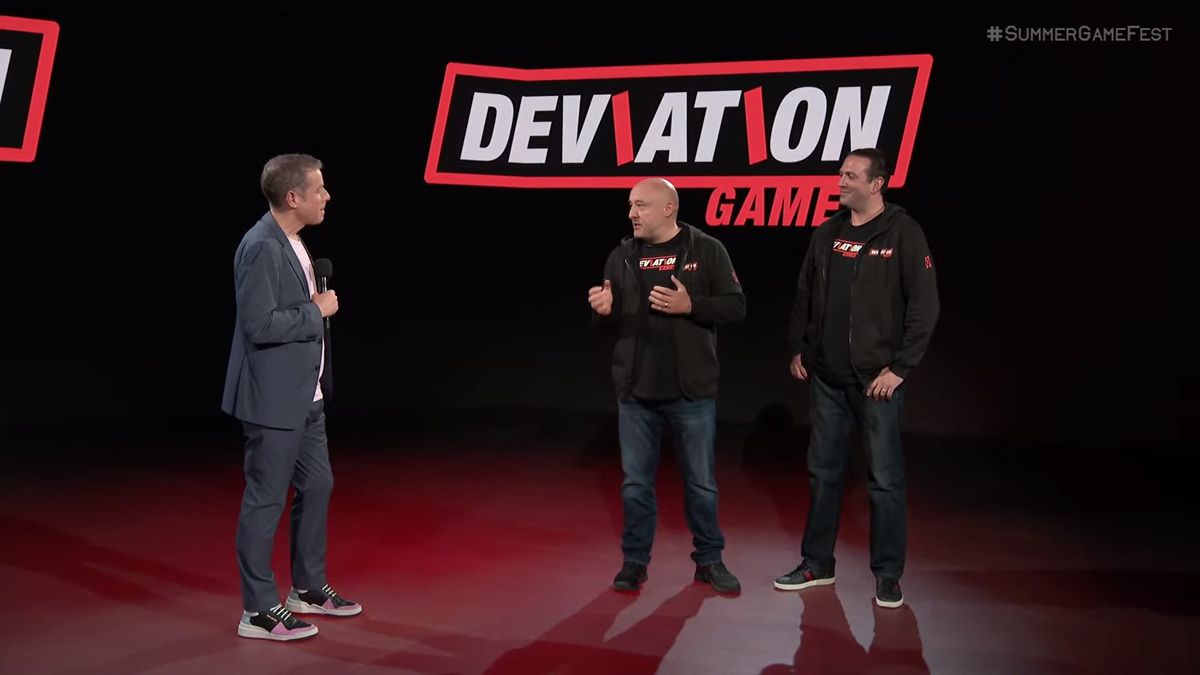That's a red herring. GAAS aren't why so many developers and publishers are laying off people and re-evaluating how AAA games are developed and released. It's part of the the reason, but it's not by any means the only reason or even the major reason.
The cost of Spider-Man 2's development raises larger questions not just about Sony, but the wider industry pumping out expensive AAA games.

www.forbes.com
The Insomniac hack gives us a window into one of the major reasons Sony are re-evaluating how their studios will do AAA game development.
Spider-Man 2 was the fastest selling Sony exclusive in the history of PlayStation. It cost 3x the cost of the first game. By the end of the Holiday season that it released the first game had already broken even and was making a profit. Spiderman 2 had not. Unless Spider-Man 2 has incredible PC sales once it hits PC, it's highly unlikely that Sony will make as much money on Spider-Man 2 as they did with the first one made by Insomniac.
And that's not even counting the impact of inflation on the revenue that it generates. For many years the console gaming industry could rely on expanded consumer spending to keep up with game development costs. That's assuming your game sells well.
And even if your game sold well, it may not sell well enough to actually generate a profit. Remember all those Eidos games that sold a lot of copies but still sold under expectations leading to loss generation for Square-Enix?
And if your game doesn't sell well? What then? There's a serious potential for bankruptcy and then having to have a fire sale of your IP to try to pay off any creditors your development house or publishing house might have.
IIRC - one slide from the Insomniac hack showed Spiderman 3 tentatively expected to be 450+ million USD to develop. Unless something changed that likely meant that would make even less money than Spiderman 2, not to mention the first one.
It's why the AAA industry is so incredibly reliant on proven IP in hopes that proven IP will generate enough interest that the game "might" sell enough copies to generate a profit.
GAAS was seen as a way to mitigate the incredibly high stakes risk (risk is now generally higher than reward for much of the AAA gaming industry) of AAA game development. Try to get a successful GAAS game out in hopes that it can then allow you to continue funding AAA single player games.
Sony is evaluating how they are going to proceed in the future. If they do not have a tentpole GAAS game generating revenue to help offset the high cost of the increasing costs of their studios AAA gaming development budgets, then they needed to re-evaluate how their internal studios were going to develop AAA single player games going forward.
In other words, they needed to figure out how to reduce development costs so they could continue to make AAA games. The first part of that is reducing as much staffing as possible, hopefully, without impacting too heavily the ability of internal studios to make and release games. After that, I'd expect there to be more budget reviews, stricter release deadlines, possibly even reduced scope of games.
I do wonder if Sony will push some of their internal studios to make something other than open world games. Open world games are very expensive to make. I would not at all be surprised if Sony started to reject open world game proposals from some of their studios and only greenlight cheaper to make streamlined gaming experiences.
Regards,
SB






